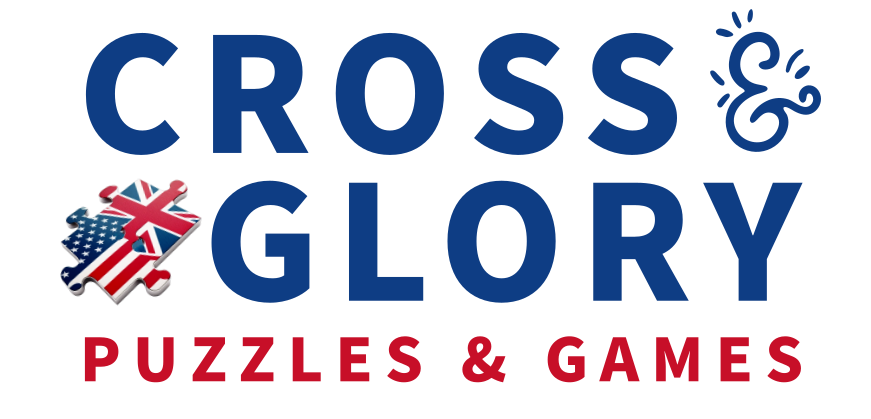Puzzling is more than just a relaxing pastime—it’s a powerful tool for enhancing memory, sharpening focus, and promoting mental agility. Whether you’re a child developing cognitive skills, an adult seeking mental stimulation, or a senior aiming to keep your mind sharp, puzzles offer benefits that span all ages. Let’s explore how puzzles improve memory and focus and why this timeless activity is a brain-boosting powerhouse.
1. Engaging the Brain for Better Memory
Solving puzzles exercises both sides of the brain. The left side, responsible for logic and sequencing, works to analyze shapes and patterns, while the right side handles creativity and visual recognition. This dual engagement strengthens neural connections, improving short-term memory and cognitive function over time.
For example, when you’re searching for pieces based on color or detail, your brain actively stores and retrieves information, building your memory capacity. As you progress, this mental “workout” enhances recall, helping you remember where specific pieces fit into the larger picture.
2. Boosting Focus Through Problem-Solving
Puzzles naturally require concentration. The act of sorting, matching, and piecing together parts of an image trains the brain to focus on a single task for extended periods. This ability to maintain focus—while filtering out distractions—can carry over into other areas of life, such as work or study.
Puzzles with bold colors and intricate patterns, in particular, can sharpen attention while keeping the mind engaged. To learn more about the role of color in stimulating brain activity and evoking emotions, read Color Psychology in Puzzles: Why Certain Colors Make You Tick.
3. Repetition Reinforces Learning
One of the most effective ways to strengthen memory is through repetition—and puzzles naturally encourage this process. When solving the same puzzle multiple times, your brain refines its approach, recalling patterns, shapes, and strategies more efficiently each time. This repetition strengthens neural pathways, improving memory retention and problem-solving speed.
For many puzzlers, re-solving familiar puzzles can also be deeply satisfying. It combines the comfort of familiarity with the joy of mastery, offering a calming and rewarding experience. Discover why some people love returning to their favorite puzzles in The Beauty of Repetition: Why Some People Love Re-Solving the Same Puzzles.
4. Enhancing Mental Agility at Any Age
Puzzles provide cognitive benefits for every stage of life:
- Children: Jigsaw puzzles help kids develop spatial awareness, fine motor skills, and early problem-solving abilities.
- Adults: Puzzles challenge the mind, improve concentration, and provide a break from stress, keeping the brain sharp and focused.
- Seniors: Regular puzzle-solving supports memory retention, delays cognitive decline, and promotes mental agility by stimulating the brain.
5. Building Focus Through Competition
For those who enjoy an extra challenge, competitive puzzling offers a unique way to boost memory and focus. Puzzle competitions require speed, strategy, and incredible attention to detail, pushing solvers to recall patterns and identify pieces quickly under pressure. The brainpower required to compete not only strengthens focus but also improves mental processing skills.
To explore the exciting world of puzzle competitions, check out Competitive Jigsaw Puzzle Competitions: A World of Strategy and Speed.
Conclusion
Puzzling is a simple yet powerful way to improve memory, sharpen focus, and keep your brain active at any age. By engaging both sides of the brain, reinforcing learning through repetition, and fostering concentration through problem-solving, puzzles provide a fun and rewarding mental workout. Whether you’re tackling a colorful masterpiece or competing in a speed challenge, each piece you place is helping to build a sharper, healthier mind. So grab a puzzle and let the brain-boosting begin!

